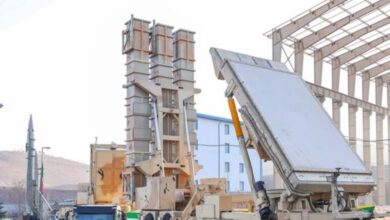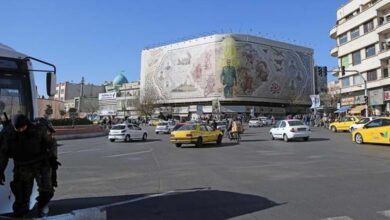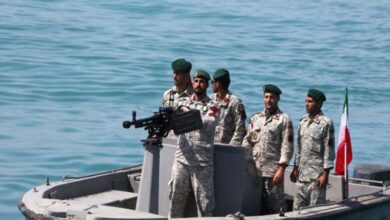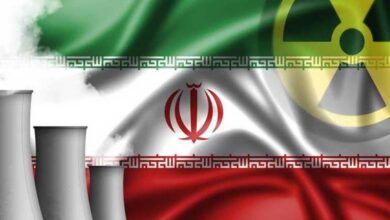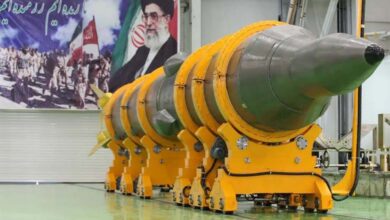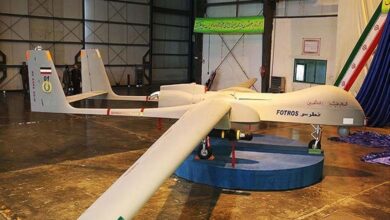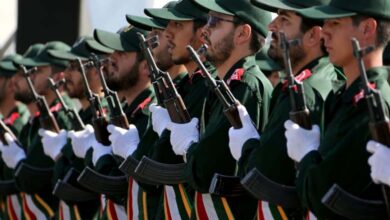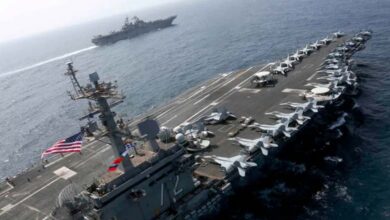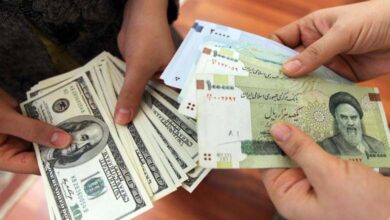Iran sends weapons and missiles to support Houthis in Yemen
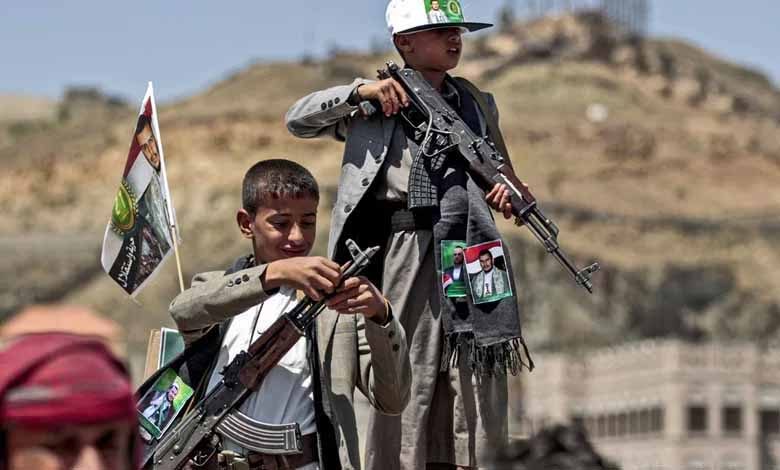
The Iranian role in Yemen remains a source of concern to the international community, because Tehran supplies the Houthis with weapons, which militias use to strike neighboring countries, especially Saudi Arabia, which poses a threat to the security of the region.
A report issued by a UN panel of experts reveals that Iran continues to send weapons and missiles to support the Houthis in Yemen, which is witnessing a civil war that has torn the country apart.
The report warned of the continued deterioration of the situation in Yemen, which would have “serious” consequences for Yemenis, according to Fox News.
Evidence from the Committee of Experts, who submitted their report to the Security Council, showed that individuals and destinations from inside Iran were involved in sending weapons to the Houthis, in violation of UN resolutions.
Evidence obtained by the Committee of Experts includes anti-tank guided missiles, launchers, and other weapons with markings in Iran.
Under the administration of the former president, Donald Trump, Washington has imposed sanctions on the Houthis as a “terrorist organization” because of the support they receive from Iran.
The administration of US President Joe Biden has taken a different approach to this issue, with some of the sanctions linked to this classification suspended until February 26.
The UN has called on Washington to reconsider the designation of Huthis as a terrorist organization, especially as this could harm aid and food deliveries.
The UN report notes that all parties in Yemen are violating human rights and international law, as the escalation of fighting continues to affect civilians, not to mention continuing attacks on civilian targets in Saudi Arabia using rockets.
The report highlighted issues related to corruption and money-laundering with the Yemeni government. The Central Bank of Yemen denies the allegations, despite accusations that more than $400 million has been illegally transferred, AP reported.
Arms sales
As for the developments of the American position, the American Secretary of State, Anthony Blink, announced that Washington suspended the sales of “ongoing” weapons to Saudi Arabia and the United Arab Emirates until “re-examining” them to ensure that they achieve their “strategic goals.”
With Abu Dhabi’s support, Riyadh is leading a military alliance with the Yemeni government in their conflict with Iran-backed Houthi rebels, who now control Sanaa and vast areas of Yemen.
At the same time, he stressed a “very urgent” review of the decision to include Huthis on the American list of “terrorist organizations”, which has faced criticism from all sides because it threatens to obstruct the delivery of humanitarian aid to large areas controlled by the rebels.
- A UN report reveals entities in Iran are sending weapons to Houthis
-
Iran’s role in Yemen… Weapons flow to the Houthis, warning of “serious consequences”
The US decision to freeze arms sales to Saudi Arabia and the UAE has led to renewed calls for the UK, the second largest arms supplier to Riyadh, to reassess their own policy, according to the British newspaper The Guardian.
British government officials said that there are no plans to review the sales, but the Biden administration’s doubts about Saudi Arabia’s use of weapons in the six-year war in Yemen “requires some changes from the Foreign Office to avoid what might appear to be diplomatic isolation.”
There may also be the fallout of an “inevitable process” for British arms companies. After presenting evidence to the parliamentary Arms Export Control Committee last month, experts said that the US actions would have an indirect effect, especially regarding British equipment and the US “licensing procedures.”
So far, the war in Yemen has killed 112,000 people, and the UN estimates that around 14 million Yemenis face food insecurity.


